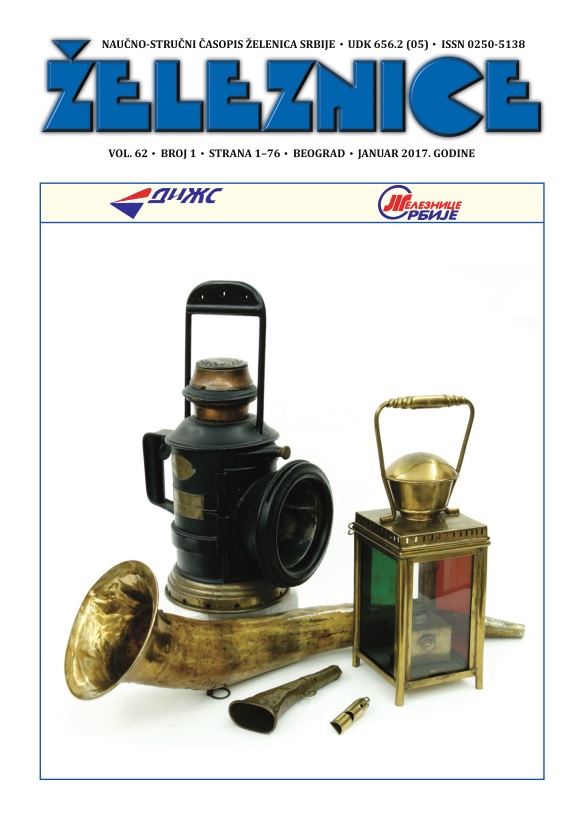INTERNATIONAL RAILWAY ORGANIZATIONS: OCCURRENCE – IMPACT ON RAILWAYS – ADJUSTMENT TO THE ENVIRONMENT
Keywords:
international, railway, organization, adjustment, change, survivalAbstract
Railways soon after formation realized and developed its international dimension, which was implemented through the international organization. International organizations, primarily the European Union as supranational international organization, initiated and play a key role in the historical changes of the functioning and organization of rail transport, whereby the liberalization of the market of rail transport services represents one of the basic goal. In this process of radical changes some reputable international railway organizations and institutions, due to the inability to adapt to new conditions, disappeared from the railway scene, some have redefined their raison d’être, mission and vision, while the new legal and institutional environment has enabled the emergence of many railway organizations that did not exist before, offering to the customers a new user-oriented concepts and services. In doing so, these organizations have implemented modern management methods and matrix operation, including those used by successful profit organizations. At the railway scene, as result of the new legal institutional framework, there are a growing number of entities that are engaged in rail transport (Infrastructure managers, railway undertakings, regulatory bodies, etc.). This reinforces the need to improve cooperation and coordination of complex activities at the international level. Better international cooperation in the railway sector as well as better overall understanding of the essence and functioning of intergovernmental and international railway organizations, are crutial because competition does not exclude cooperation. On the contrary, rail transport at the international level, in contemporary terms is not possible without the international organizations and the role they play in this process.


